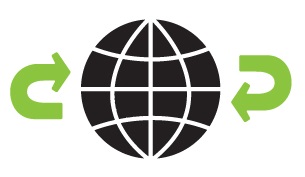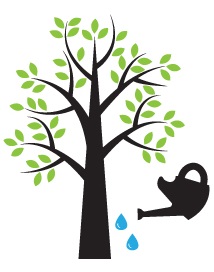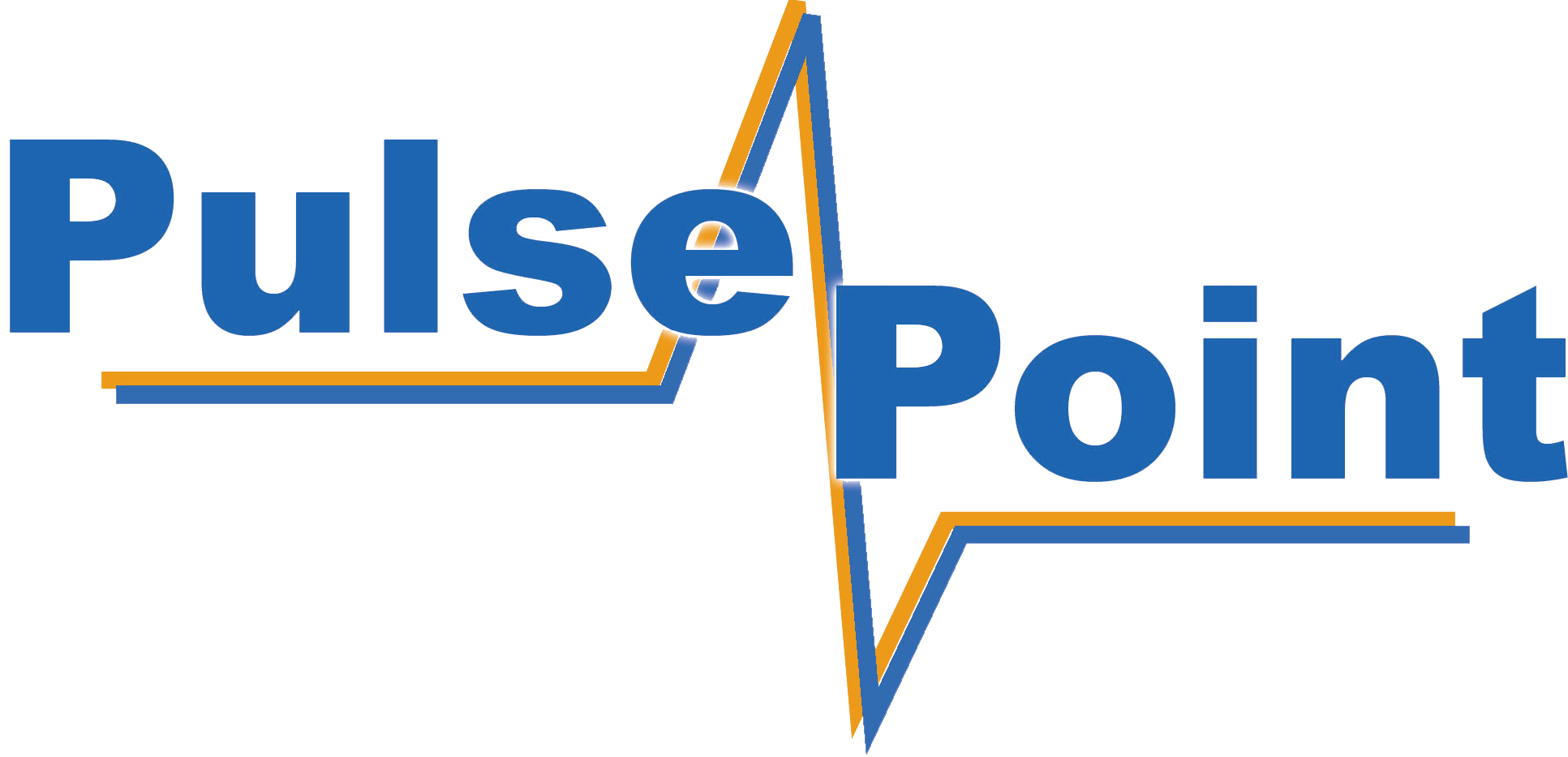
Carbon emissions
Pulse Point is very happy to say that it is a Carbon Neutral Company.
Our head office runs off a photo-voltaic system, and we have invested in a jointly held solar project. These two systems offset company’s direct carbon dioxide (CO2) emissions, which include the company’s vehicles and electricity usage.
Our blended learning has enabled many students to complete their course in fewer days, which has resulted in a reduction in the CO2 produced from a reduction in travel to courses.
With the introduction of the upcoming carbon tax on fuel we will then become a carbon negative company, where we will effectively remove carbon overall.

Waste to landfill reduction
Plastic
- Removal of plastic wrap on all first aid kits.
- Removal of plastic covers from all manuals.
- Paper options are selected over plastic options.
Paper & Cardboard
- 25% reduction in the number of pages in a manual, through careful page layout, type facing and removal of unnecessary information.
- 10% reduction in the number of pages in course pack summaries.
- 100% paper recycling. All printed paper is shredded and recycled.
- First aid kit packaging is all reused cardboard.
- Several paperless options have been implemented.
General recycling
- All batteries, light bulbs, cans, metal, e-waste and hard plastic containers are appropriately recycled.
- Suppliers are requested to supply their products loose in cardboard boxes without plastic wrap, bags and space fillers. Most have been able to do this, with the rest saying they are looking at long term solutions.
- All our head office furniture was reclaimed, recycled or second hand.

General Local impact
Pulse Point has invested in a bee keeping business as well as a Blueberry farm to improve local employment and the local environment in general.
All our videos feature South Africans and the videos were locally filmed, produced and edited.
Vectors by patchariyavector – www.freepik.com